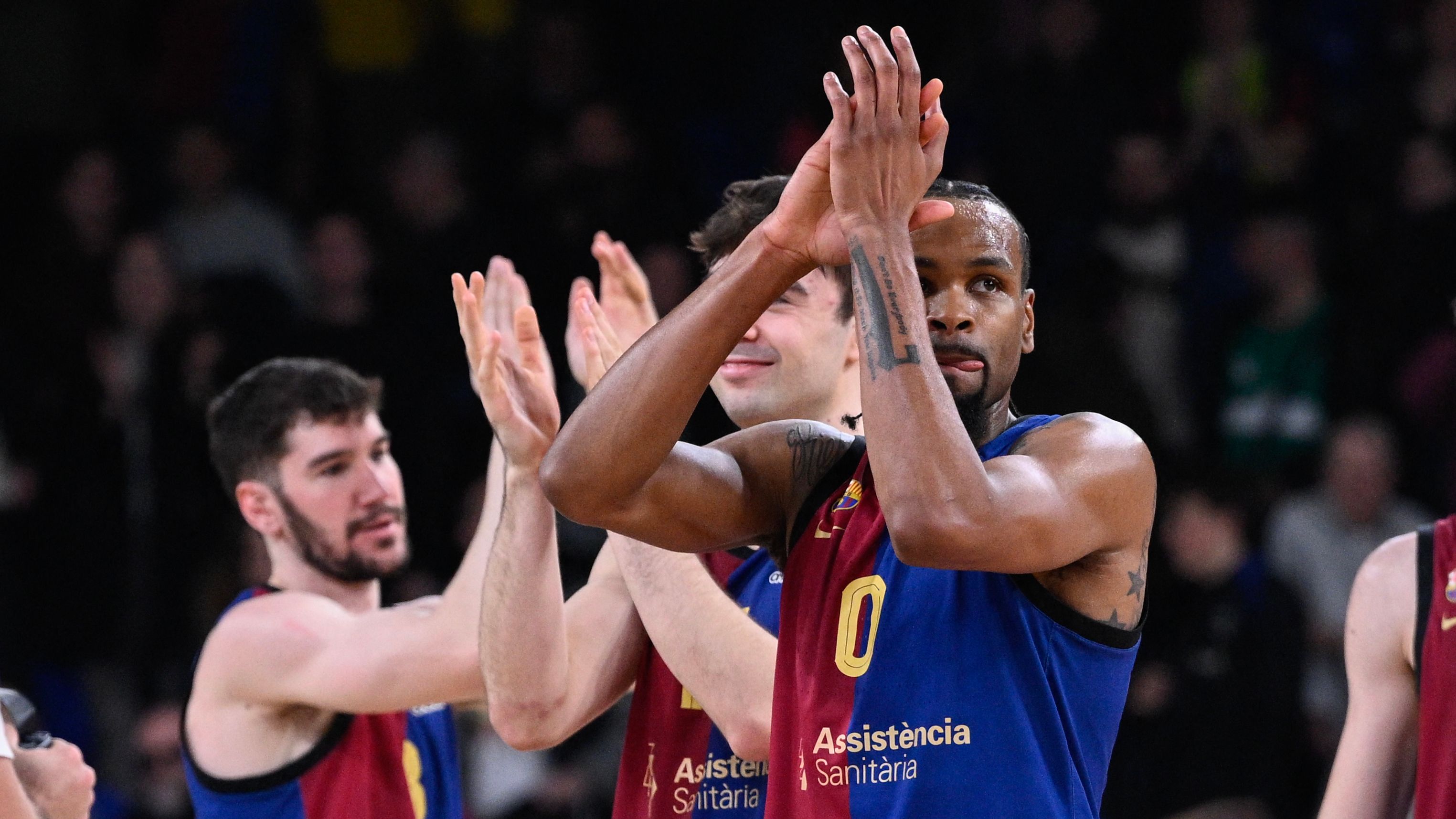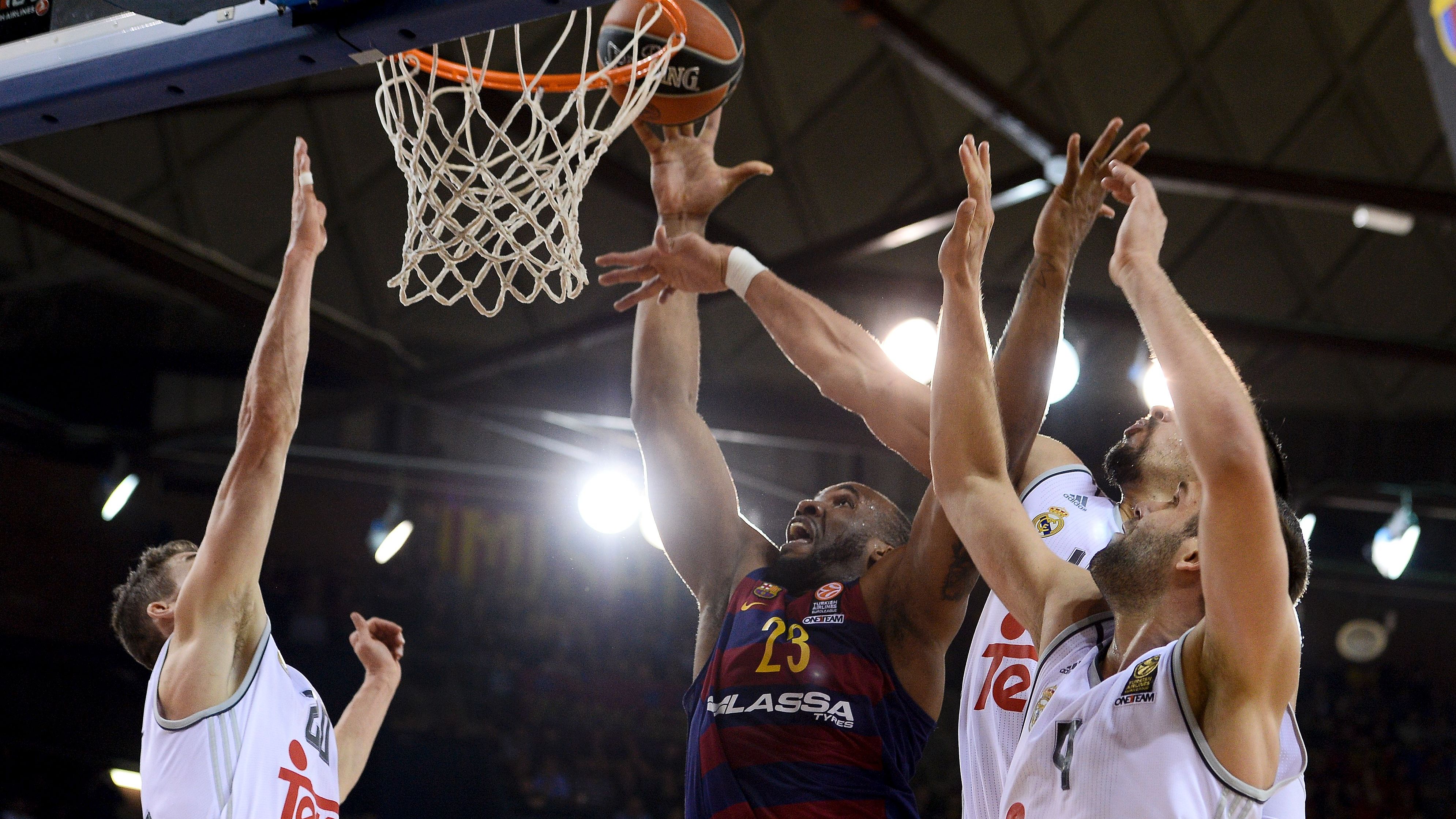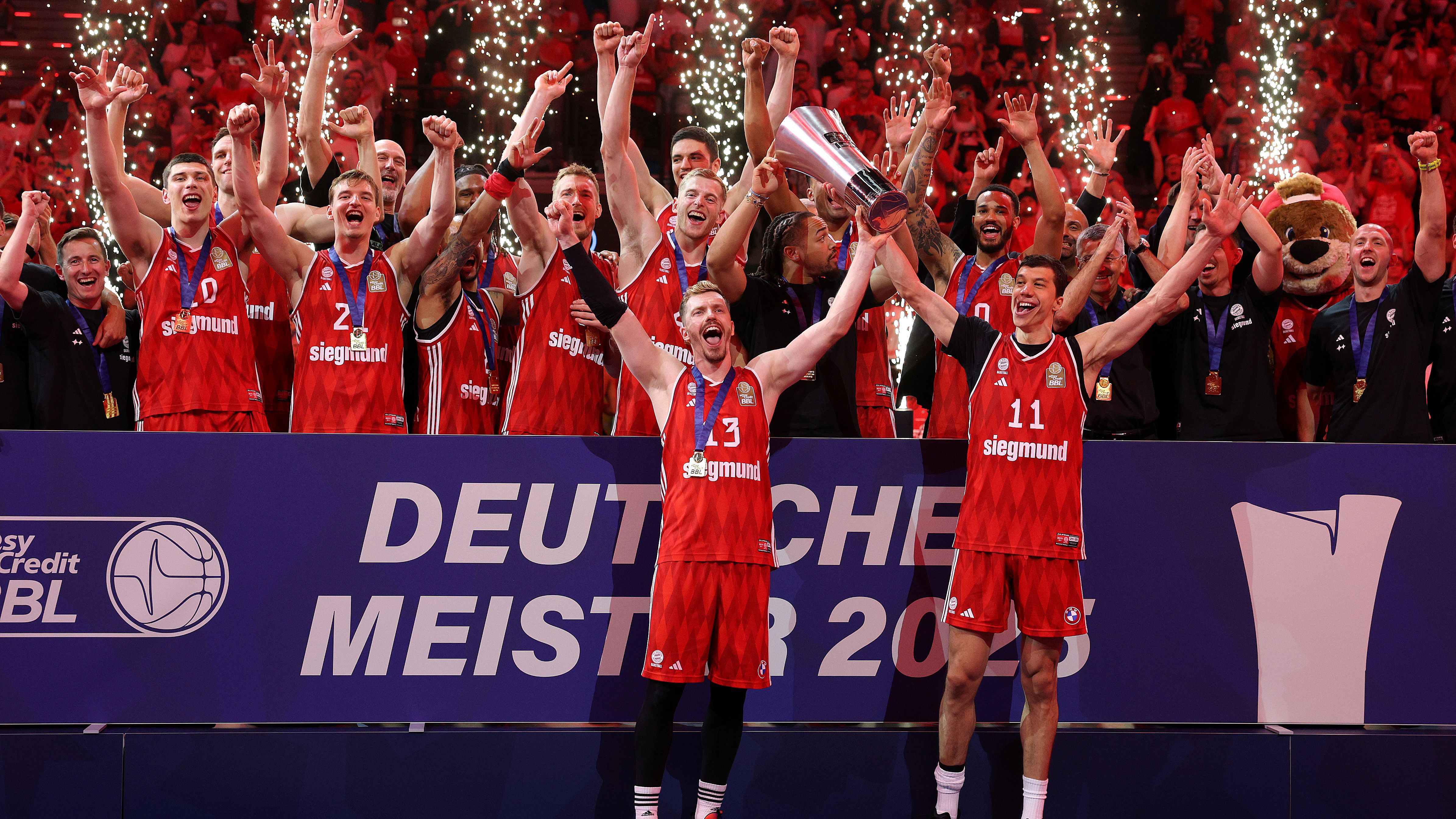


NBA’s Groundbreaking European Basketball Expansion
In a bold initiative to broaden its international reach, the NBA Europe project is gearing up to introduce a dynamic basketball competition across the continent, drawing in prominent soccer teams and key stakeholders. Various sources indicate that this innovative league, provisionally named NBA Europe, is slated to kick off in 2027, representing a pivotal milestone in the NBA’s efforts to grow globally and captivate new audiences.
Participating Teams and Ongoing Negotiations
Leading the charge are several renowned clubs, including Barcelona, Real Madrid, Paris Saint-Germain, Bayern Munich, Manchester City, and Fenerbahce. Additionally, there’s buzz around Italian powerhouses AC Milan and Inter exploring the idea of establishing a shared franchise in Milan, according to insights from Gazzetta dello Sport. Recent developments show heightened discussions between NBA Commissioner Adam Silver and Gerry Cardinale, the founder of RedBird Capital and owner of AC Milan, with Oaktree, the financial supporters of Inter, expressing strong interest in joining the venture.
Potential Host Cities for Franchises
Anticipated locations for permanent teams span 10 to 12 cities in Europe, with prime spots like London, Madrid, Milan, Paris, and Munich at the forefront. Insights from Deputy Commissioner Mark Tatum highlight how this setup seeks to blend the NBA’s business savvy with the continent’s burgeoning enthusiasm for basketball, fostering a seamless integration of sports cultures.
Vision and Timeline for the League
Mark Tatum, NBA Deputy Commissioner, has outlined the league’s forward-thinking approach, stating that NBA Europe might launch within the next two years, subject to approvals from FIBA and the NBA’s governing body. In his statements to global outlets, Tatum explained: “Our starting lineup includes permanent squads in 10-12 urban centers, mainly in nations like the UK, Spain, Italy, France, Germany, and possibly Turkey and Greece. We’re aiming for a diverse roster that incorporates established teams, fresh entrants, and soccer clubs eager to branch into basketball.”
League Format and Future Growth
Tatum further elaborated on the setup, noting that it will feature a combination of fixed spots and those earned through performance. “Annually, four positions will be up for grabs based on competitive achievements. This is just the start, and we’re targeting an expansion to twice as many permanent teams over the next seven to ten years to include more nations.”
Investment and Economic Details
Entry costs for franchises are projected to fall between €250 million and €500 million, with overall funding potentially soaring to $1 billion, influenced by market conditions and interest levels. Excitement is palpable among Europe’s top soccer entities, as AC Milan and Inter negotiate to jointly manage a franchise in Milan, following a key meeting between Cardinale and Silver in New York to iron out details.
Opportunities for Involved Parties
Oaktree Capital, Inter’s Los Angeles-based investors, are actively considering ways to diversify the club’s sports portfolio into basketball. As reported by La Gazzetta dello Sport, “They’re eager and ready to make their move.” On the other hand, established basketball stalwarts like Barcelona and Real Madrid are poised to serve as foundational elements, drawing in huge crowds, while financially robust clubs such as Bayern Munich and PSG align perfectly with the NBA’s vision for strong, recognizable brands.
Long-Term Benefits and Costs
While the initial investment for teams exceeds €250 million, the anticipated commercial rewards are substantial. Given the popularity of NBA events in European markets, the league plans to harness local support and implement cutting-edge marketing strategies and production techniques inspired by the NBA.
Integration with Current Basketball Leagues
A key challenge for NBA Europe involves harmonizing with established tournaments like the EuroLeague and FIBA’s Basketball Champions League. Tatum reassured stakeholders by saying: “In the framework we’re developing, there’s ample space for all European clubs, even those currently in the EuroLeague. We’re committed to partnering with FIBA and EuroLeague to resolve any issues.”
NBA Commissioner’s Perspective on Talent
During an appearance on The Pat McAfee Show, Commissioner Silver alleviated concerns about player poaching, explaining: “The NBA’s vast scale, worldwide appeal, and superior compensation make it improbable for athletes to choose Europe over us. However, if this allows some players to prolong their careers here, we’d view that as a positive development.”
Potential Impact on Global Basketball
Should this initiative thrive, NBA Europe has the potential to reshape the worldwide basketball landscape, offering European enthusiasts a top-tier competition modeled after the NBA. The inaugural matches are expected in the fall of 2027, possibly spotlighting elite teams like Barcelona, Real Madrid, Manchester City, and Bayern Munich, heralding a major evolution in international sports dynamics.
NBA’s Bold Expansion into Europe
The Announcement of the New League
The NBA has recently made headlines with its ambitious plans to launch a premier European basketball league, aiming to bridge the gap between American and European basketball cultures. This initiative seeks to create a high-profile competition that incorporates some of Europe’s most iconic sports brands, including Manchester City, Real Madrid, Barcelona, and Bayern Munich. By leveraging the global appeal of these football powerhouses, the NBA is positioning this league as a game-changer for international basketball, potentially rivaling existing European competitions like the EuroLeague.
Sources familiar with NBA European League developments indicate that this move is part of a broader strategy to expand the league’s footprint beyond North America. According to updates from NBA news outlets, the league is focusing on creating a platform where top-tier basketball talent can shine on a continental stage, drawing in fans from diverse markets[başvurmak:[başvurmak:https://www.basketusa.com/category/news/]. This approach not only enhances the NBA’s global reach but also integrates elements of European sports fandom, making the NBA European Basketball League a must-watch for enthusiasts worldwide.
Background on NBA’s Global Expansion Efforts
The NBA has long been exploring ways to grow its influence internationally, building on its status as one of the world’s premier basketball organizations. With a history dating back to 1946, the league has successfully nurtured stars like Michael Jordan and LeBron James, and now it’s turning its attention to Europe. This European league represents a natural progression, as the NBA seeks to capitalize on the continent’s passionate fanbase and rich basketball heritage.
Key drivers behind this expansion include increasing viewership in non-US markets and fostering partnerships with established European sports entities. For instance, the involvement of football giants like Manchester City and Real Madrid highlights how the NBA is blending basketball with the existing popularity of soccer in Europe. This strategy could lead to cross-promotional opportunities, such as shared stadium events or fan engagement activities, ultimately boosting the visibility of the NBA European Basketball League.
Featured Teams in the League
The lineup of teams for this new league is particularly exciting, as it brings together brands known for their excellence in football but now entering the basketball arena. Here’s a breakdown of the key participants:
- Manchester City: As one of the UK’s most successful football clubs, Manchester City is set to make a splash in basketball with its state-of-the-art facilities and global fanbase. The club’s entry into the NBA European Basketball League could introduce a fresh, dynamic style of play, drawing on its experience in high-stakes competitions. Expect Manchester City’s team to focus on youth development and aggressive marketing to attract young European basketball talents.
- Real Madrid: Synonymous with victory in European football, Real Madrid’s participation underscores the prestige of the new league. The club already has a storied basketball team in Spain’s Liga ACB, so this move aligns perfectly with their multi-sport ambitions. Real Madrid’s involvement might emphasize defensive strategies and star player acquisitions, making them a formidable contender in the NBA European Basketball League.
- Barcelona: Known for its attacking flair in football, Barcelona is poised to bring a similar philosophy to basketball. The club’s rich history in European sports could translate into innovative training programs and fan-centric events. In the context of the NBA European Basketball League, Barcelona might prioritize community outreach and sustainable sports practices to engage local audiences.
- Bayern Munich: As a dominant force in German football, Bayern Munich represents precision and efficiency. Their entry into the league could introduce a disciplined approach to basketball, potentially integrating advanced analytics and player development systems. This team’s participation highlights the NBA’s goal of creating a balanced competition that appeals to fans across Central Europe.
League Structure and Format Details
The proposed structure of the NBA European Basketball League is designed to be both competitive and accessible, featuring a mix of regular-season games, playoffs, and international showcases. To ensure fairness and excitement, the league plans to include:
- A 20-team roster, with the initial lineup featuring the mentioned clubs alongside other European basketball powerhouses.
- A seasonal format running from October to May, mirroring the NBA’s calendar, with each team playing around 30 games.
- Division-based groupings, such as a Western Europe division and an Eastern Europe division, to foster regional rivalries.
- Playoff rounds culminating in a finals event, potentially hosted in rotating European cities for maximum fan engagement.
- Integration of technology, like real-time stats and virtual reality experiences, to enhance the viewing experience for fans interested in premier European basketball.
This setup aims to address challenges like travel logistics and time zone differences, ensuring that the league remains viable for both players and broadcasters.
Potential Impact on European Basketball
The introduction of this league could significantly reshape the landscape of European basketball, offering new opportunities for players and fans alike. By featuring teams like Manchester City and Barcelona, the NBA European Basketball League might elevate the sport’s profile, leading to increased investment in youth programs and infrastructure.
Key impacts include:
- Economic Growth: Hosting games in iconic venues could boost local economies through tourism and merchandise sales.
- Talent Development: The league’s emphasis on scouting could provide pathways for emerging European players to reach the NBA.
- Fan Engagement: With stars from diverse backgrounds, expect interactive events and digital content to keep audiences hooked on NBA European Basketball trends.
Overall, this venture positions the NBA as a pioneer in global sports fusion, blending the best of American and European athletic traditions for a truly international audience. As discussions progress, stakeholders are optimistic about the long-term benefits for the premier European basketball scene.









